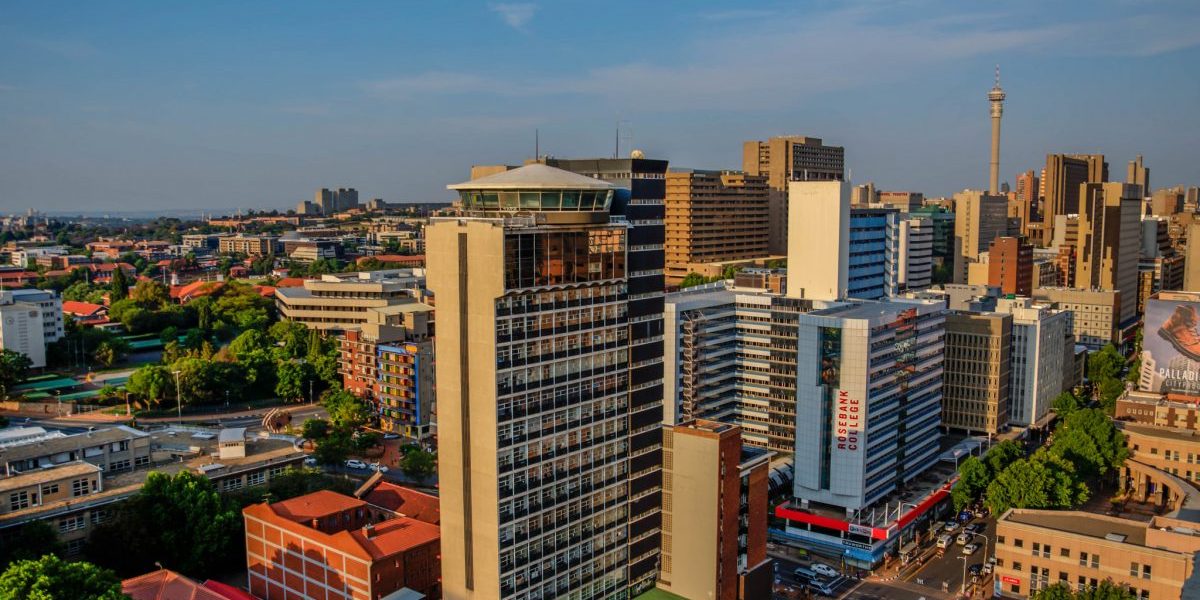Two of these agreements are considered to be ‘mega-regional’ whereby groupings of the largest developed economies make declarations of co-operation and possible integration. They are the Trans-Pacific Partnership (TPP) between the US and many of the Asian–Pacific countries, and the Transatlantic Trade and Investment Partnership (TTIP) between the US and the European Union (EU). At the same time, South Africa is evaluating many of its unilateral and regional policies in the context of the Tripartite Free Trade Area (TFTA) for Eastern and Southern Africa.
This paper assesses the mega regionals and their implications for South Africa. The difficulty is that these mega regionals are engaged in negotiations and little real information on this negotiation process, let alone a possible outcome, is available. As a result, assessing the final implications, even assuming that there will be agreed final negotiated settlements, involves a great deal of speculation. We do know, however, that the eventual agreements will be ‘WTO-plus’ in that they will be comprehensive in scope and go beyond the agreements reached in the multilateral WTO global benchmarks for trade and traderelated liberalisation. This will reinforce South Africa’s realisation that it must similarly move forward with its unilateral and regional policies in order to keep abreast of international developments and best practices.
In this paper the main focus is on the TPP, as it is the most advanced both in its negotiations and in the economic and development status diversity of its members. Its potential outcome also holds the most interest and important lessons for South Africa and the TFTA.






